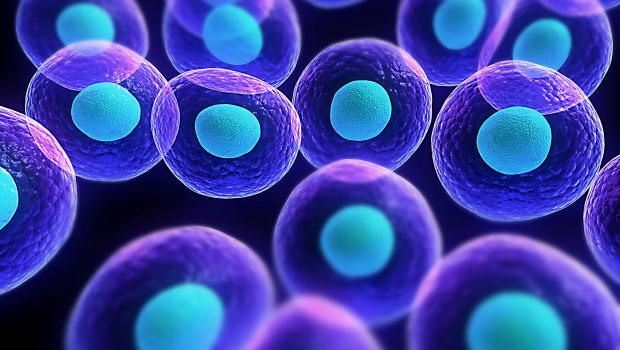Epigenetics
Epigenetics
Epigenetic mechanisms such as DNA methylation and histone modification influence gene expression either positively or negatively without introducing any changes in the DNA sequence and therefore play a pivotal role in determining the fates of different cells during development. A fertilised egg undergoes multiple divisions and different developmental stages to give rise to a multitude of specialised cells. Formation of over 200 different cell types in the human body is driven by the products of discrete sets of genes whose expression is regulated by signaling cascades. Once established, however, cell type specific gene expression patterns are faithfully inherited (epigenetic inheritance) during cell divisions and subsequently maintained throughout development; this is reminiscent of cell type specific transcriptional memory in cells. Impaired transcriptional memory has the potential to severely affect development and invariably leads to diseases such as cancer. Our work focuses on the Polycomb group (PcG) and Trithorax group (TrxG) proteins which are responsible for not only maintaining cell-type specific transcriptional memory which involve specific covalent chromatin modifications. We are interested in deciphering the molecular mechanisms that lead to modulation of epigenetic information maintained by the PcG and TrxG proteins in response to intrinsic as well as extrinsic environmental cues. Understanding the mechanistic pathways and factors involved in the modulation of PcG/TrxG factors should enable us to answer questions such as how cell fate can be changed and how disease like cancer may arise. We have established the first epigenetic research laboratory in Pakistan which employs the fruit fly (Drosophila melanogaster) as a model system. Additionally, we are keen to understand the role of epigenetic modifications such as DNA methylation and/or histone modifications together with PcG/TrxG proteins in the etiology of some of the more prevalent diseases in Pakistan.

